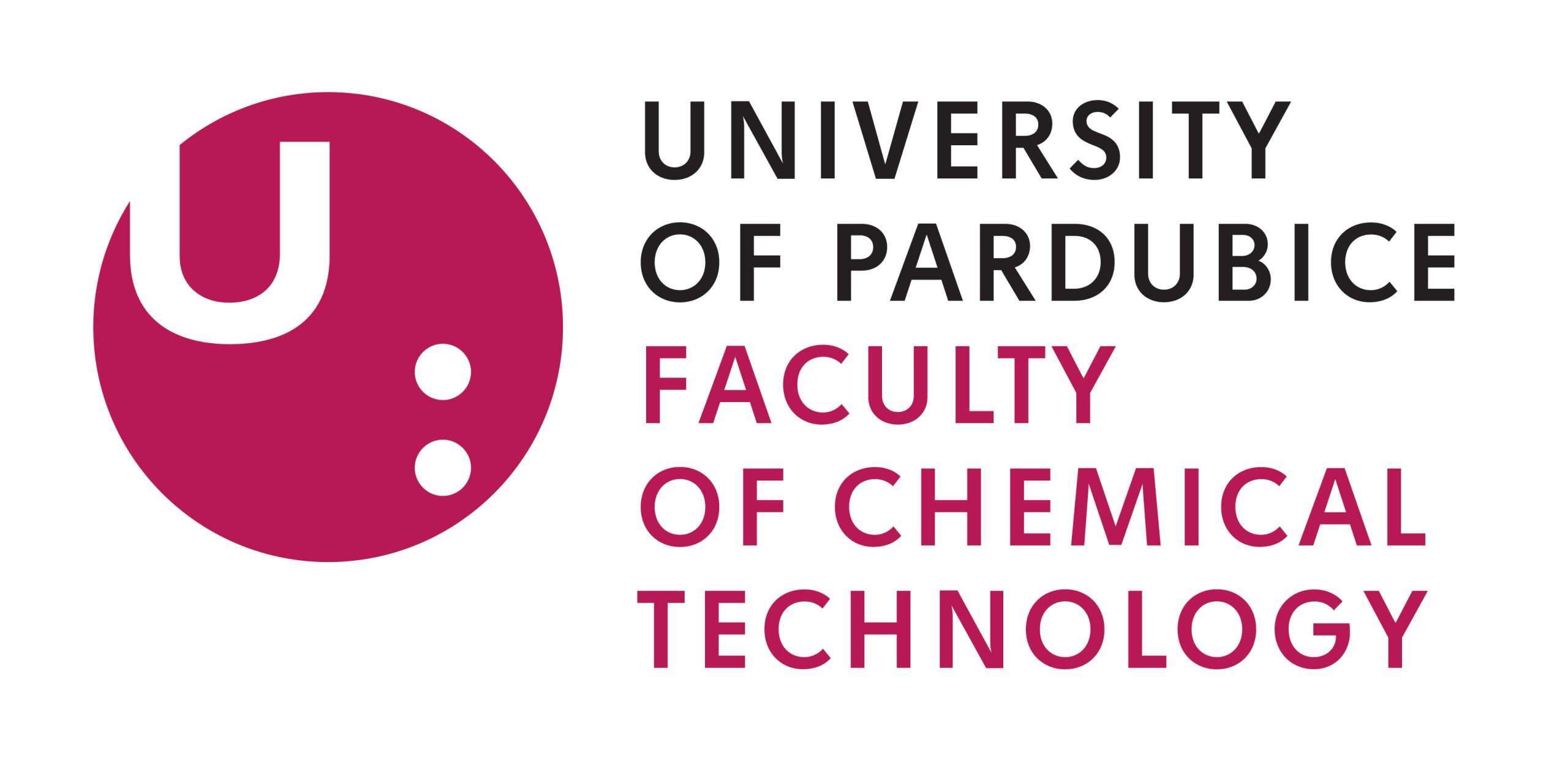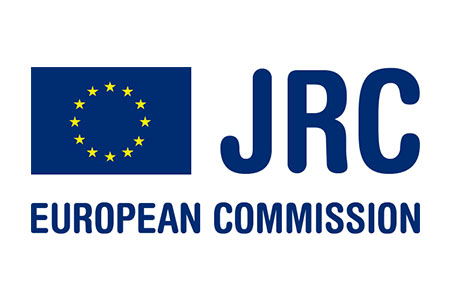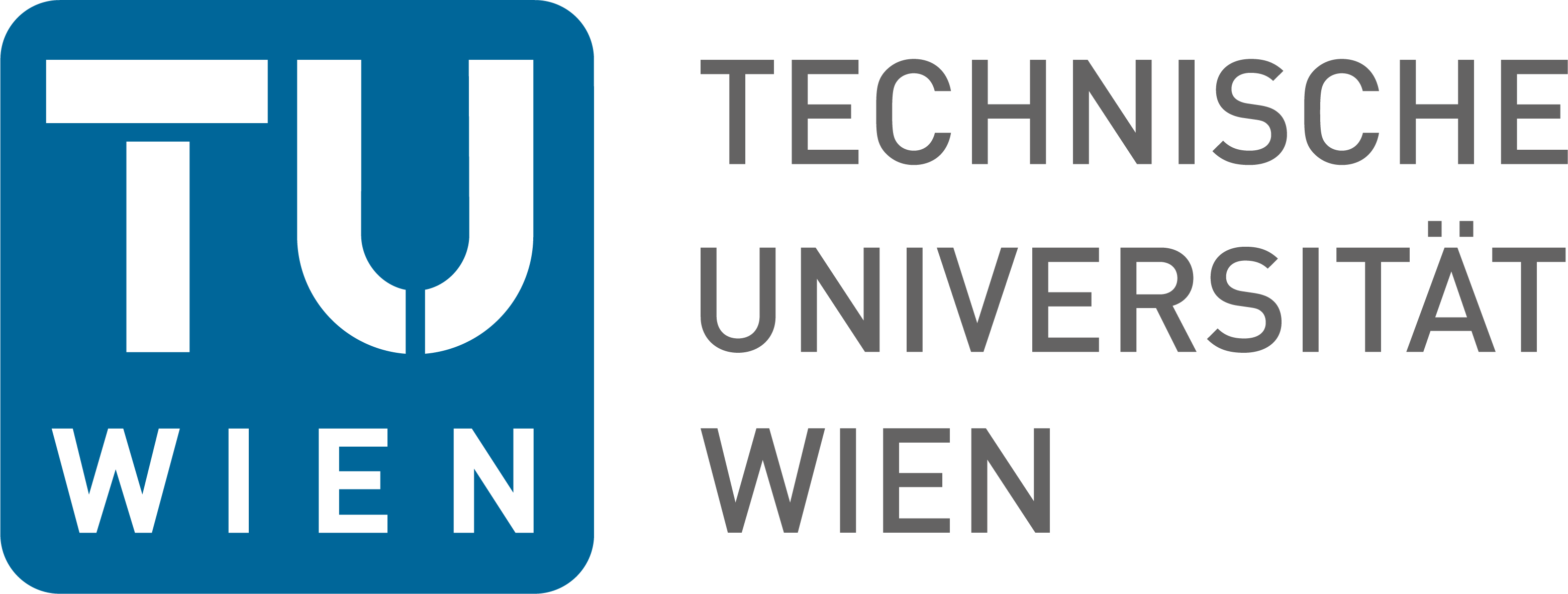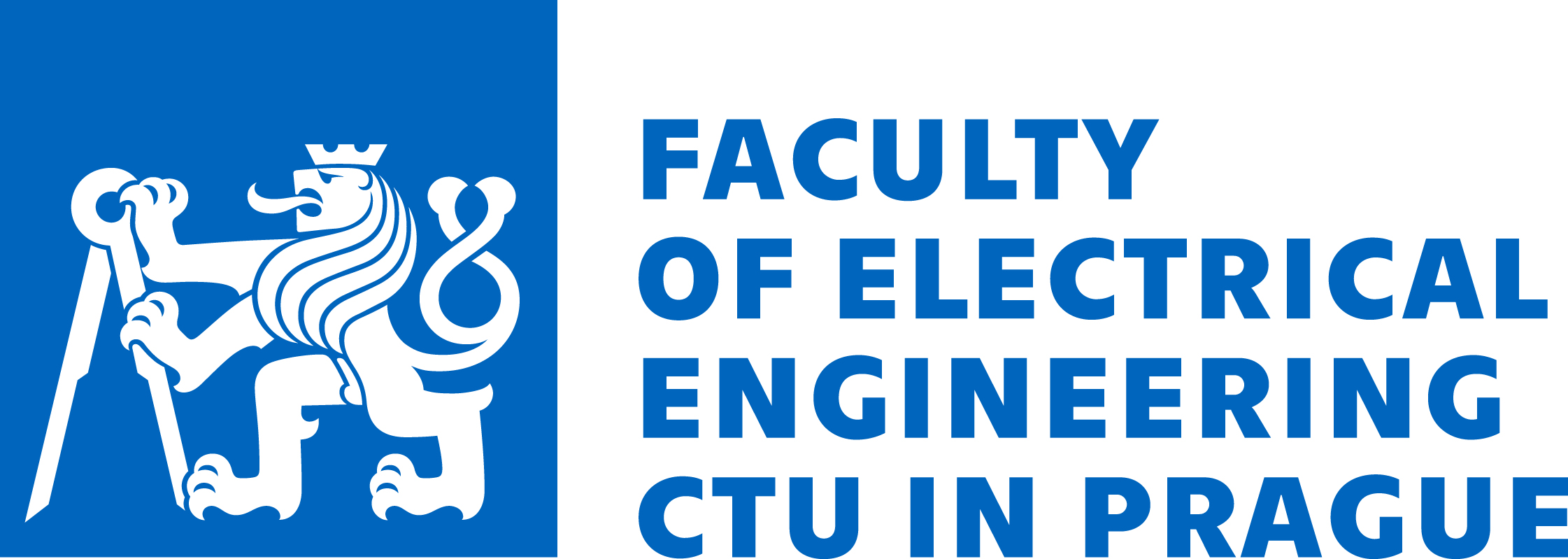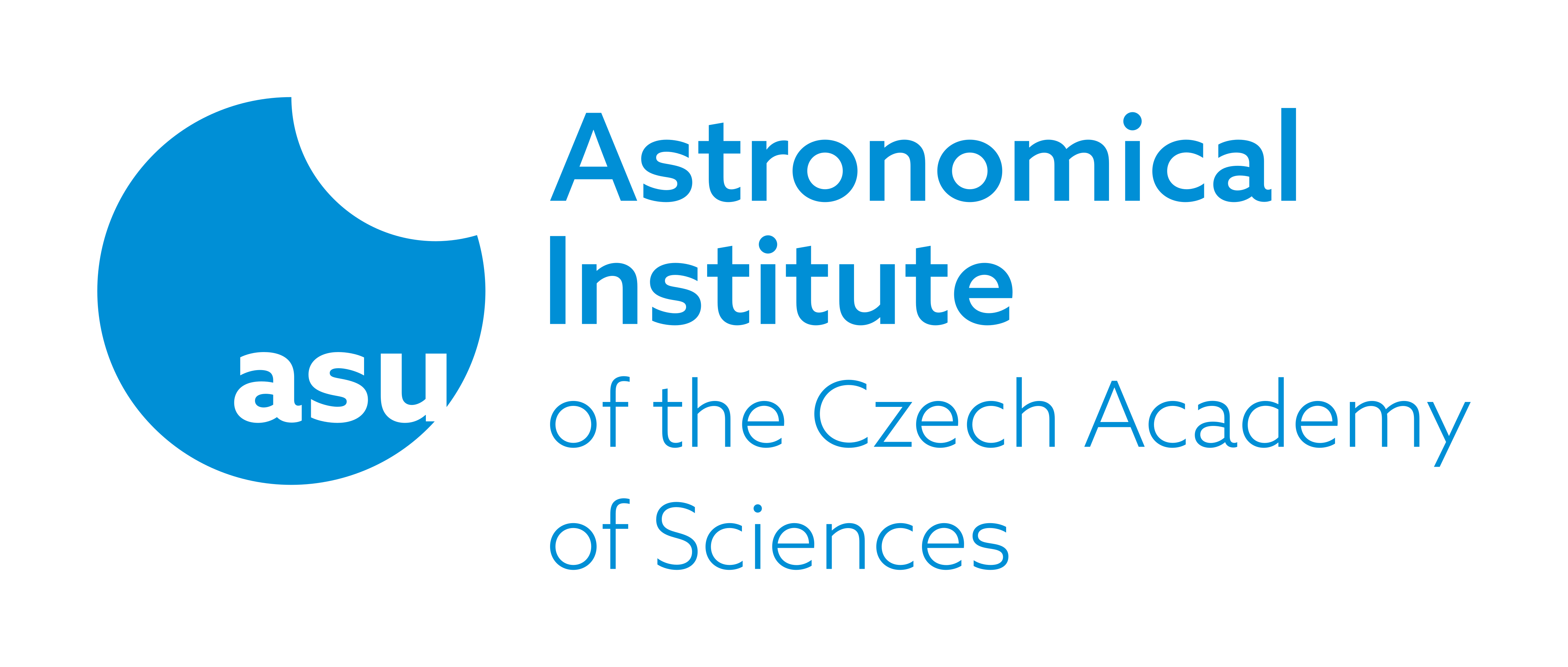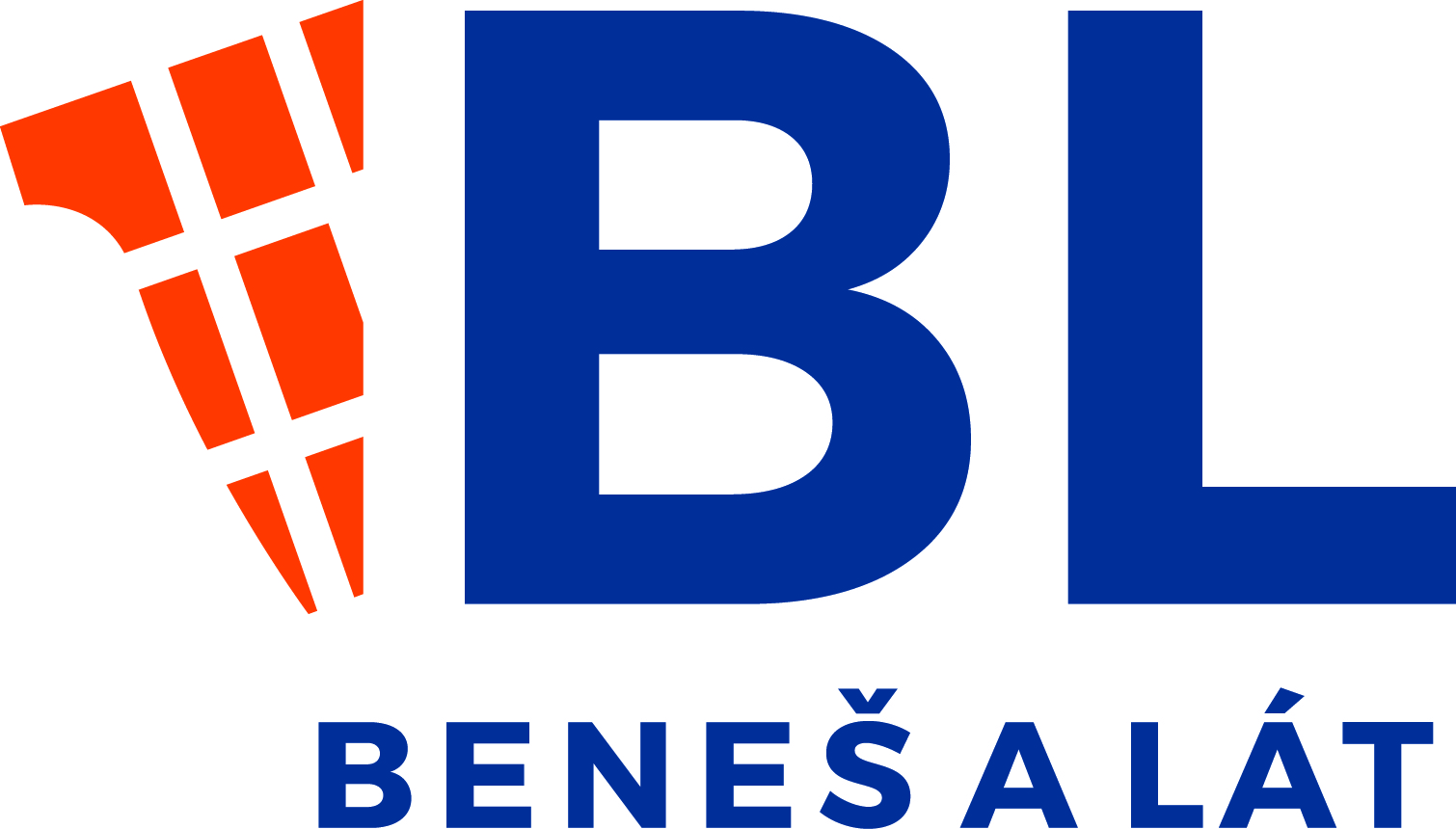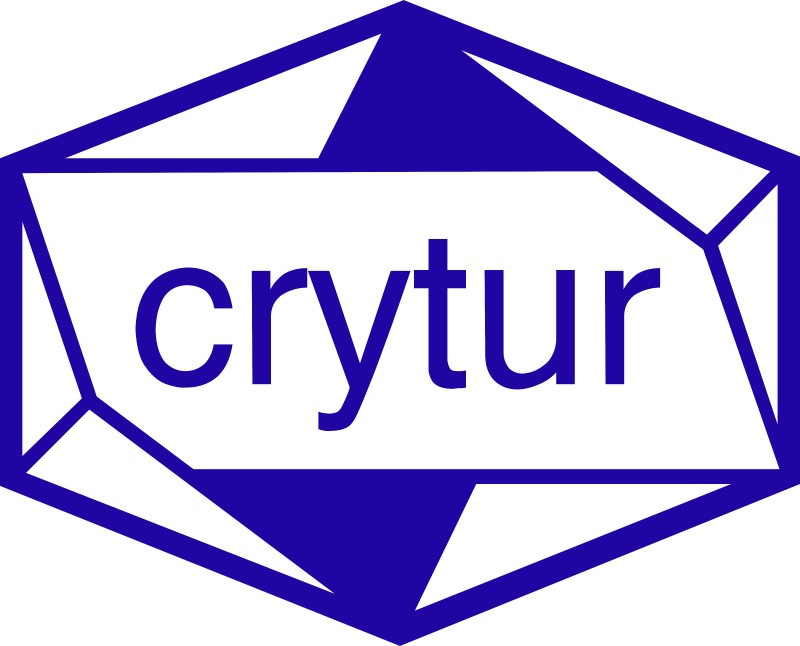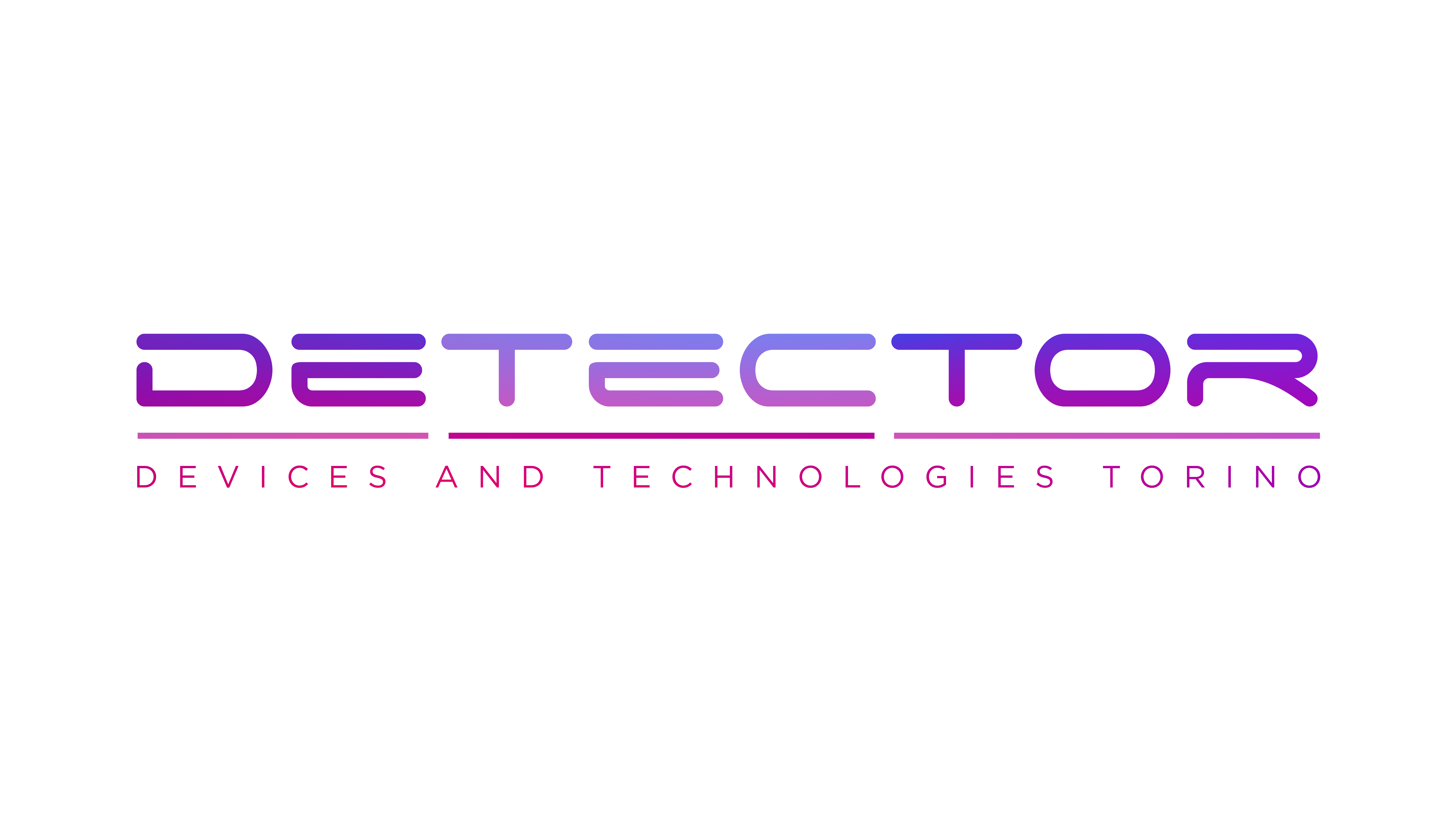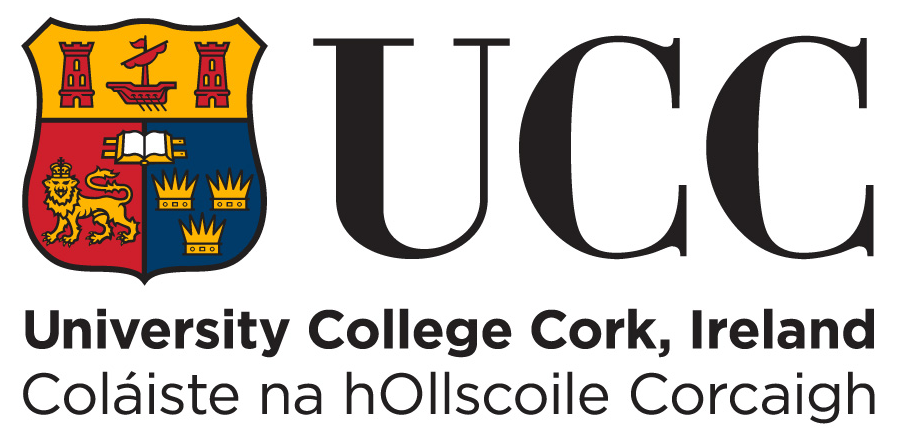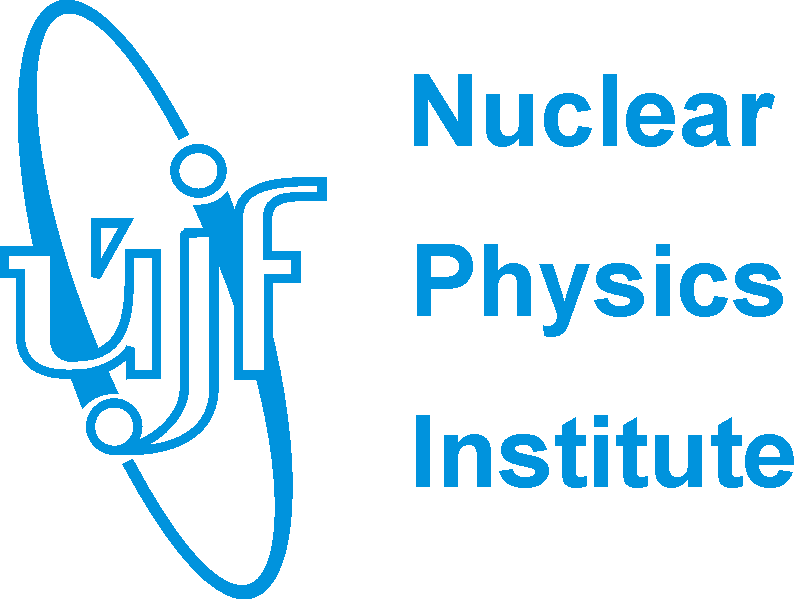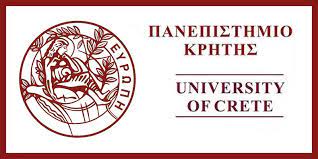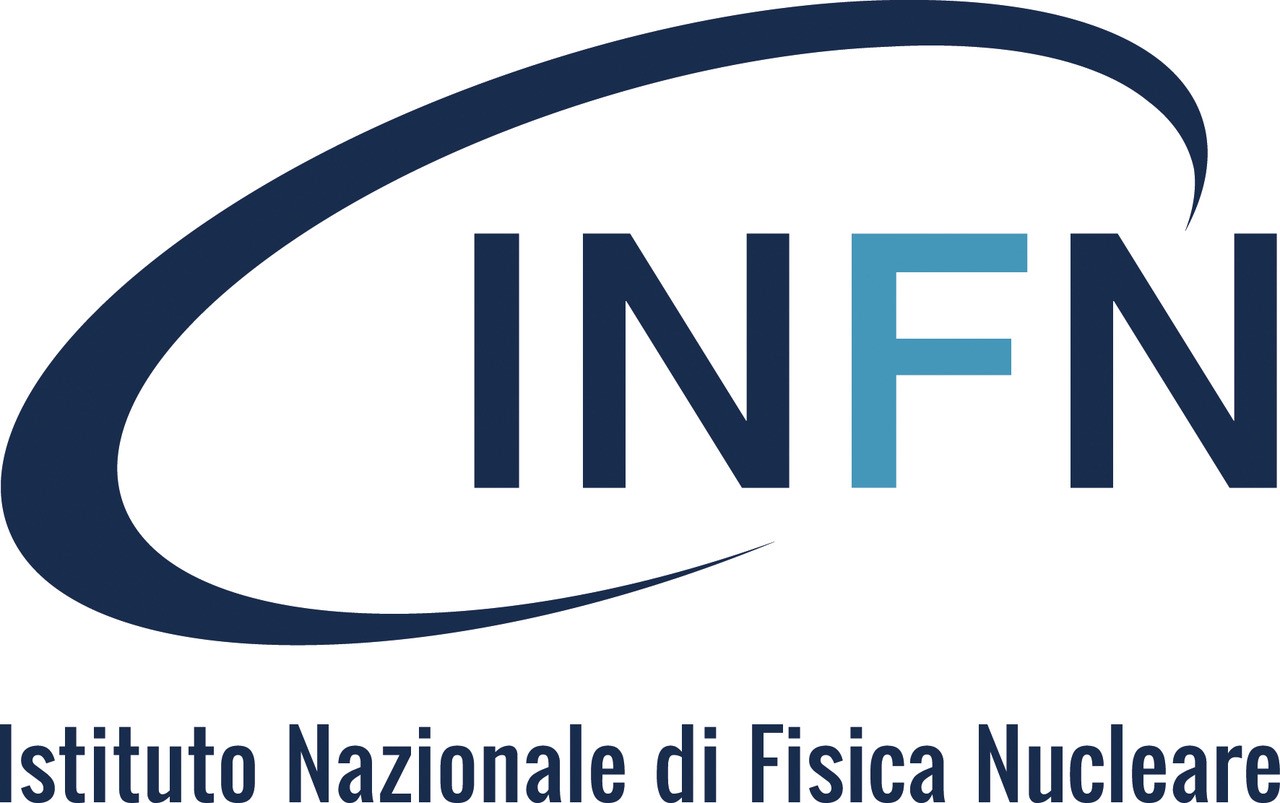Ranjithkumar Raju, Ph.D.
- Department of Semiconductors
- Project title:
- Development of hetero atom-doped Porous Carbon structures for Energy Storage Applications

- Biography
- Why P4F
- P4F Project description
- Research results
- Links to data repositories
Biography
Dr. Ranjithkumar Raju (முனைவர். ரா. ரஞ்சித்குமார்), born on 5th May 1993 in Konampatti, Dharmapuri, Tamil Nadu, India, has an impressive academic background in Physics. He earned his Bachelor's degree (B.Sc.) in Physics in 2013 from P.M.P. Arts and Science College, affiliated with Periyar University, Salem, Tamil Nadu. He subsequently pursued a Master's degree (M.Sc.) in Physics from 2014 to 2016 at National College (Autonomous), affiliated with Bharathidasan University, Tiruchirappalli, Tamil Nadu. In 2021, Dr. Ranjithkumar was awarded his Ph.D. in Physics under the guidance of Prof. M. Krishnakumar and Prof. N. Nallamuthu at Kalasalingam Academy of Research and Education, Krishnankoil, Tamil Nadu.
From 2021 to 2024, he undertook postdoctoral research at Inha University and Gachon University in South Korea, working under the mentorship of Prof. Ji Ho Youk and Prof. Il Tae Kim. During this period, he developed nitrogen-doped porous carbon spheres and nitrogen-doped hollow carbon spheres with controlled particle sizes. His work led to a twofold enhancement in performance when these materials were decorated with metal alloy nanoparticles for use in battery and supercapacitor applications.
Dr. Ranjithkumar's research focuses on advanced carbon materials, including N-doped porous carbon spheres, N-doped hollow carbon spheres, carbon nanotubes, graphitic carbon nitride, carbon-based metal oxides, metal hydroxides, and alloy nanocomposites. These materials play a crucial role in the advancement of energy storage technologies, underscoring the impact of his contributions to the field of energy materials. Currently, he has begun his journey as a Physics for Future (P4F) Fellow in the research group of Prof. Alex Diamond at the Institute of Physics of the Czech Academy of Science (FZU), Czech Republic.
Why did you join P4F
P4F provides an excellent opportunity to gain advanced scientific experience in conducting research on cutting-edge carbon materials, such as nitrogen-doped porous carbon spheres and boron-doped diamond electrodes. I strongly believe that these advanced carbon materials hold the key to meeting both present and future demands for electrode materials in energy storage devices.
My long-term aim is to deepen my understanding of technological advancements in the field of carbon materials and to evolve as an independent researcher and to eventually launch a startup that contributes meaningfully to society through innovative solutions.
P4F
Project description
The development of nitrogen-doped porous carbon structures and polypyrrole (PPY) deposited on boron-doped diamond devices represents an exciting avenue in materials science and electrochemistry, particularly for energy storage applications. This approach combines the unique properties of these materials to create high-performance energy storage devices. N-doped Porous Carbon Spheres (NPCS) have gained significant attention due to their enhanced electrochemical activity, emerging as promising energy materials. However, nano-engineering NPCS with desired properties presents challenges such as uncontrolled/non-uniform N-doping, incomplete carbonization, and low graphitization, leading to poor electrical conductivity. Nitrogen-doped carbon materials offer enhanced electrical conductivity and electrochemical properties, with controlled nitrogen-doping configurations influencing their behavior. The deposition of conductive PPY further enhances electrical conductivity and pseudocapacitance, contributing to energy storage mechanisms. This project aims to develop nano-engineered synthetic protocols for NPCS, focusing on maximizing pyrrolic-N doping and achieving the desired porosity. To enhance pyrrolic-N doping, we propose a polymerization process with concurrent sol-gel reactions, allowing systematic variation of N-content in NPCS. Furthermore, employing five-membered azoles like imidazole, pyrazole, 1,2,3-triazole, and 1,2,4-triazole enhances pyrrolic-N doping. Boron-doped diamond electrodes are known for their chemical stability, electrochemical potential window, and resistance to fouling. These properties make them suitable for a wide range of electrochemical applications. These electrode materials will be used to fabricate supercapacitor electrodes, followed by a systematic evaluation of their electrochemical performance. Finally, optimized electrodes will undergo device performance assessments. This research aims to contribute to the development of efficient energy storage solutions with wideranging practical applications.
Project duration
21. 1. 2025 20. 1. 2027


